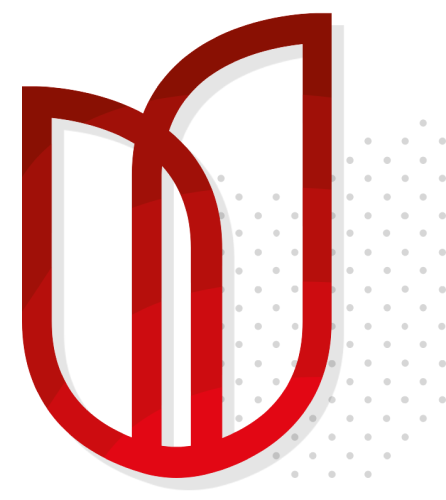Computer Science
Our vision:
Our students should have the opportunity to follow an IT and Computing curriculum that prepares them for life in the modern world.
Good quality IT skills enable student to engage positively within the modern work place, while Computer Science skills enables students to take an active part in the design, development and creation of new technologies to be used in the world in which they live.
The core to the subject is the understanding of how technology works, can be developed and utilised, and we draw and extend understanding from a range of other subjects outside of IT and Computing including DT, Graphics, Maths, Science and PHSE and embed clear and high quality literacy and numeracy skills through software development, problem solving and evaluation skills.
We provide a broad range of skills and experiences at KS3 which are then further developed as students enter KS4 to continue with Computing as part of the ‘core’ curriculum and GCSE Computer Science if they take this qualification as an option.
Key Objectives
Computer Science will give our students the opportunity to demonstrate knowledge and understanding and application of the key concepts and principles of Computer Science.
- Understand and fundamental principles and concepts of Computer Science.
- Be able to apply key algorithms and data representation and mathematical skills through practical and theoretical work.
- Understand the key components that make up digital systems and how they communicate.
- Understand the impacts of digital technology to the individual, wider society, the ethical changes and cultural impacts as well as the positive and negative impacts digital technology has had on the environment.
- To equip learners with a range of creative media skills and provide opportunities to develop, in context, desirable, transferable skills in areas such as research, planning and evaluation.
Analyse problems in computational terms: To make reasoned judgements
To design, program, evaluate and refine solutions.
- Use a range of software design techniques such as flowcharts, pseudocode and visualisation diagrams.
- Develop key problem solving skills of Abstraction, Decomposition and Algorithmic thinking.
- Develop key skills and practical experience in script based programming languages and be able to design, write and debug programs to solve non simplistic problems.
- To be able to think creatively, innovatively, analytically, logically and critically when solving problems.
- Be able to make informed decisions on appropriate and efficient coding techniques such as sequence, selection, iteration and the use of functions.
- To be able to design, Program, evaluate and refine solutions to problems.
Golden Threads
Computational Thinking: Computational thinking allows us to take a complex problem, understand what the problem is and develop possible solutions. We can then present these solutions in a way that a computer, a human, or both, can understand. The Three main concepts are Abstraction, Decomposition and Algorithmic thinking.
Translation: A fundamental concept in computing is that all data inputs are translated into object code (Binary) so that it can be process by the computer CPU and then the outputs are translated from object code back into data a human can understand.
Curriculum Delivery and Assessment
KS3
All pupils have 1 hour a fortnight using ICT facilities.
The KS3 curriculum follows on from KS2 and ensures all the NC targets are met. Pupils are given the opportunity to develop practical skills in programming, building from block based coding in year 7 to text based in years 8 and 9. General ICT skills are also covered to ensure pupils can access the basic functions of a windows based operating system, as well as word processing and data representation in Spreadsheets.
Homework is set in the form of self-marking retrieval practice on google Classrooms. Assessment is completed through termly testing.
KS4
Computer science is an option subject at KS4 which currently has 2 classes in both years 10 and 11. The 5 hours of curriculum time is split between the ICT suite and a classroom in a 3:2 or 2:3 ratio depending on curriculum need. The classroom is used to deliver the content of paper 1 and to practice writing/improving/completing algorithms on paper to replicate the exam assessment. The ICT suite is used to develop pupils programming skills using a python3 Integrated Development Environment (IDE).
Coding is modelled and practice on the Python IDE and practice problems are done as homework through codemarker.uk.
Assessment in the form of end of topic tests, past paper questions, codemarker.uk.
We also deliver computing as part of our ‘core’ offer in which all pupils study components such as ICT and the world of work and project management.
That is why all pupils study ‘core’ Computing in KS4. We also offer Computer Science GCSE.
Exam board: GCSE Computer Science OCR
Names and email addresses of key post-holders:
Mr H Dunn – KS4 Teacher (GCSE Computer Science & ‘core’ Computing)- dunnh@wes.swecet.org
Mr B Rungay – KS3 Teacher – rungayb@oha.swecet.org
